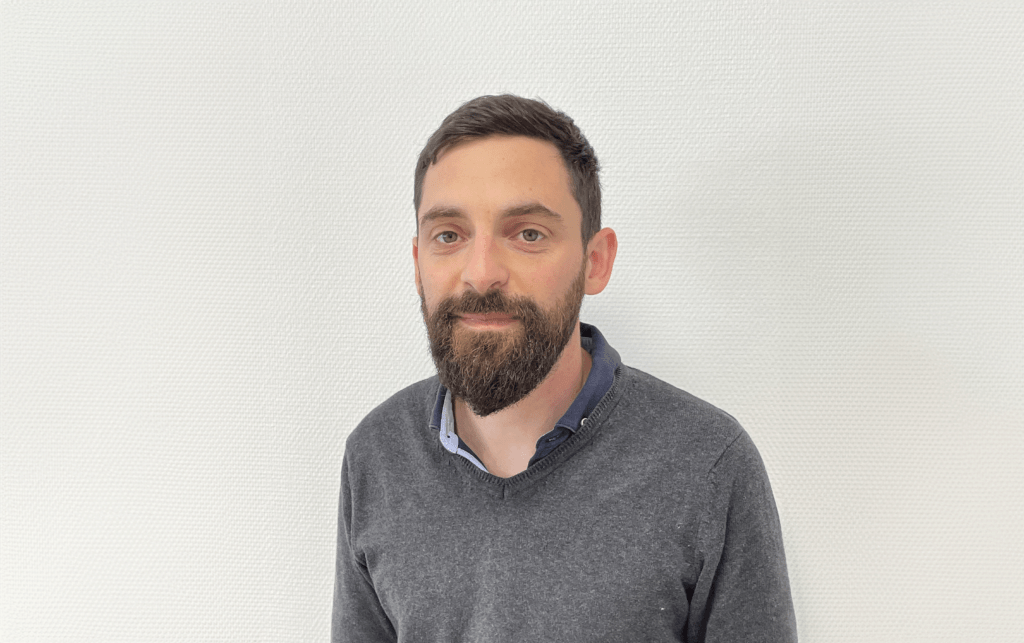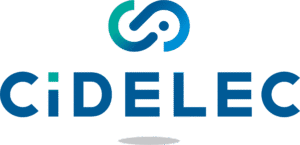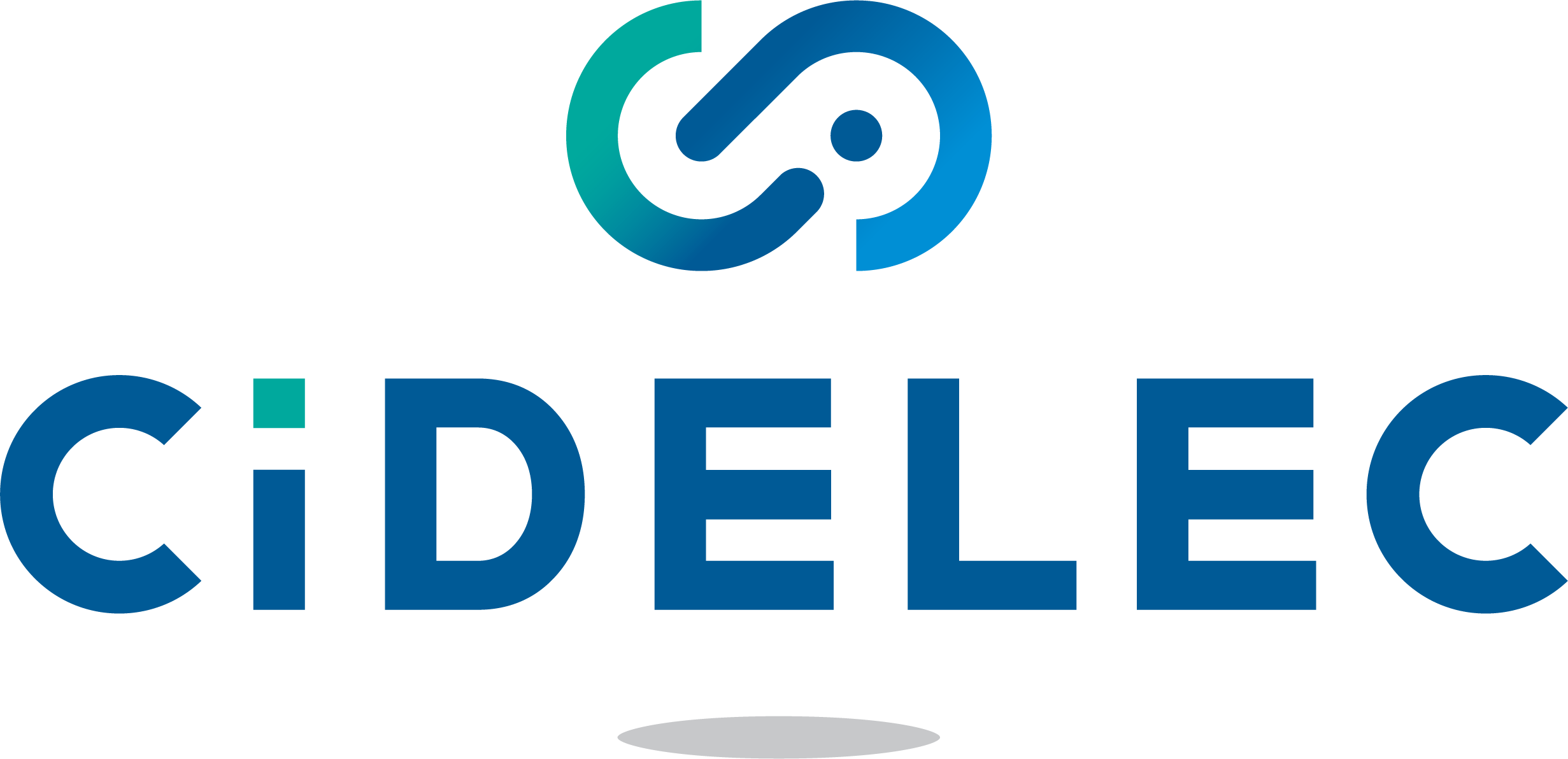Interview with Dr Antoine Benedetti, sleep disorders specialist in La Rochelle
How do professionals involved in the diagnosis and treatment of sleep disorders use CIDELEC polysomnography and polygraphy devices? Trained as a general practitioner, an expert in sleep and already performing polygraphy and polysomnography, Dr Antoine Benedetti tells us about his career and the advantages of the equipment developed by CIDELEC.

CIDELEC : Can you introduce yourself and tell us about your career ?
After five years as an intern in general practice, once I set up my own practice in 2021, I quickly became interested in respiratory polygraphy. Following a series of training courses in this field, including CIDELEC’s Journées Angevines, I incorporated sleep apnoea screening and management into my work.
I enjoyed it so much that I left general practice to concentrate on exploring and treating sleep disorders. I’m studying for my postgraduate diploma in sleep pathologies in Poitiers and since the beginning of 2023 I’ve been practising sleep medicine exclusively.
Today, I carry out an average of sixty screening tests a month, including polygraphy and polysomnography.
My first contact with CIDELEC dates back to my initial training at CardioSleep. The brand was one of the manufacturers of diagnostic equipment presented by the trainers. Later, an old internship colleague of mine told me a lot about the equipment developed by CIDELEC and how he used it himself. He put me in touch with the brand’s local contact, who immediately impressed me with his skills and availability.
How did you hear about CIDELEC ?
I left general practice to focus on the exploration and treatment of sleep disorders.
What do you appreciate most about CIDELEC ?
As a speaker at sleep disorder training courses myself, I’ve had the opportunity to test several brands of diagnostic equipment. And I can tell you one thing: CIDELEC clearly stands out from the crowd, particularly with PneaVoX, the sensor that makes all the difference. PneaVoX provides a wealth of relevant information for characterising obstructive or central events, measuring supra-sternal pressure – exclusive to CIDELEC devices – and mouth breathing, etc. I would also mention the importance of the rescue signal, which is very useful when a patient loses their nasal cannula, which happens more often than you might think! Finally, I’m starting to take a close interest in hypoxic burden, which promises to greatly improve patient management [CIDELEC is the first manufacturer to integrate hypoxic burden into its diagnostic equipment]
I would say: ease of use and installation; robustness of the equipment; wealth of information obtained; and quality of the relationship with the product engineer. These are all positive points that make it easier for me to practise sleep medicine on a daily basis.
What keywords do you think best define CIDELEC ?
CIDELEC clearly stands out from the crowd.
How do you caracterise your relatioinship with CIDELEC ?
It’s an ideal relationship, both in terms of the quality of the equipment and communication with the brand. So I have no hesitation in recommending it… and that’s what I do, in practice, with my many colleagues!

